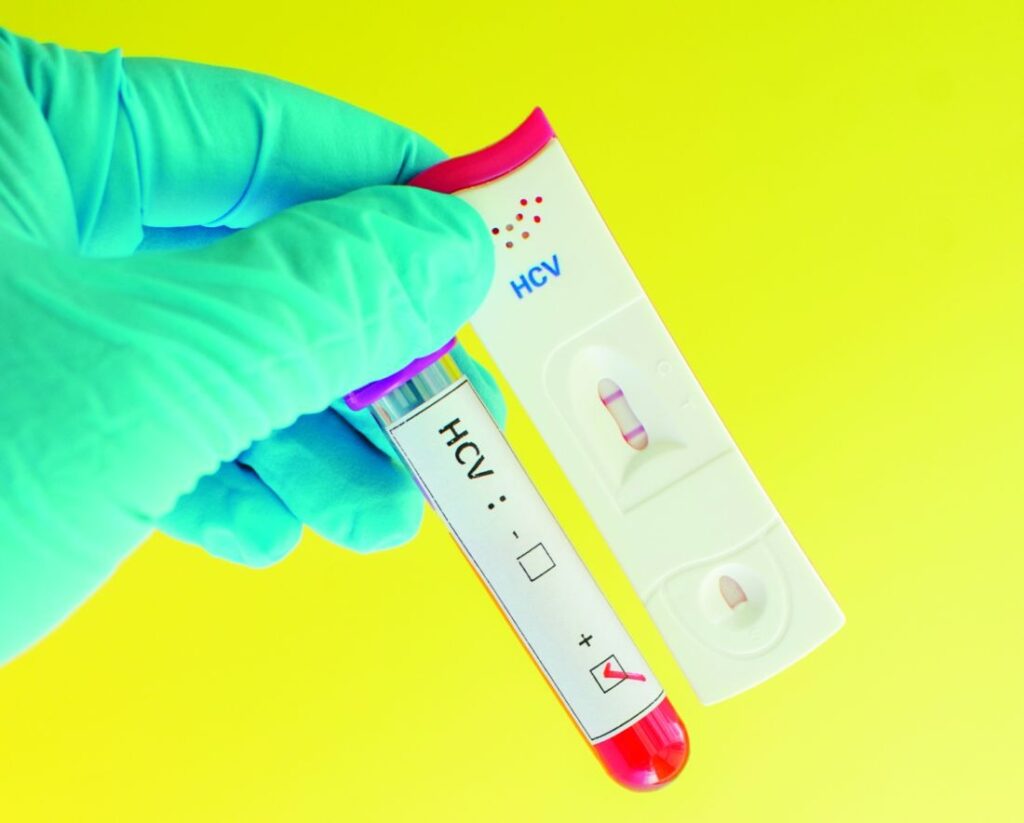Hepatitis C is a viral infection that primarily affects the liver, often progressing silently over the years without showing any noticeable symptoms. Many people are unaware they even have the virus until it causes significant liver damage. That’s why testing plays a crucial role in early detection and treatment. Understanding what a Hepatitis C test is used for can help individuals take proactive steps toward maintaining good health and preventing long-term complications. In the heart of modern healthcare advancements, Hepatitis C Test in Dubai has become a vital service for those aiming to identify this infection early and protect their liver health.
Understanding Hepatitis C and Its Risks
Hepatitis C is caused by the hepatitis C virus (HCV), which spreads through blood-to-blood contact. This can happen through sharing needles, blood transfusions from unscreened donors, or even certain medical procedures in the past when screening was less rigorous. The virus can lead to both acute and chronic infections, with chronic cases often lasting a lifetime if left untreated. Over time, this persistent infection can result in liver cirrhosis, liver cancer, or even complete liver failure.
Because early stages of infection are often symptomless, most individuals only discover their condition through a blood test. Fatigue, mild abdominal pain, or jaundice may appear later, but by then, the liver may already be under strain. That’s why the importance of timely Hepatitis C testing cannot be overstated.
What Does a Hepatitis C Test Detect?
The primary purpose of a Hepatitis C test is to determine whether a person has been exposed to the virus. The test usually begins with a Hepatitis C antibody test, which checks for antibodies that the body produces in response to HCV infection. If antibodies are present, it means that the individual has been exposed to the virus at some point.
However, an antibody test alone cannot confirm an active infection. For this reason, a follow-up RNA test is conducted to detect the presence of the actual virus in the bloodstream. If the RNA test is positive, it confirms that the infection is still active and requires medical evaluation and monitoring.
This two-step process ensures accuracy in diagnosis and helps differentiate between a past infection that the body has cleared and an ongoing one that requires attention.
Who Should Get Tested for Hepatitis C?
While anyone can contract hepatitis C, certain individuals are at a higher risk and should consider getting tested. Those who have ever injected drugs, even once, fall under the high-risk category. People who received blood transfusions or organ transplants before modern screening methods were introduced should also undergo testing.
Healthcare workers exposed to blood through accidental needle sticks, individuals living with HIV, and those who were born to mothers infected with HCV are also advised to get tested. Additionally, adults aged 18 and older are increasingly encouraged to get at least one Hepatitis C test in their lifetime, even without any specific risk factors. Early detection remains the most effective way to prevent severe liver damage.
Why Is Early Detection So Important?
The earlier hepatitis C is detected, the better the chances of successful management and treatment. In the past, hepatitis C was considered a lifelong condition with limited treatment options. However, modern medicine has made it possible to cure the infection in most cases with antiviral therapies. Early detection through testing allows for timely intervention before irreversible liver damage occurs.
Moreover, identifying the infection early also helps prevent transmission to others. Since the virus spreads through blood contact, individuals who know their status can take steps to reduce the risk of infecting others. This makes testing not just a personal health decision, but also a public health responsibility.

What Happens After a Positive Test Result?
If the Hepatitis C test confirms an active infection, further testing is done to determine the viral load and assess liver function. Imaging tests or liver elastography might also be recommended to check for fibrosis or cirrhosis. These evaluations help healthcare providers decide the most suitable treatment plan.
The encouraging news is that with the development of direct-acting antiviral (DAA) medications, hepatitis C has become a curable disease for most people. These treatments are usually taken for a few months and have a high success rate with minimal side effects. Regular follow-ups are important even after treatment to ensure the virus remains undetectable.
Preventing Hepatitis C: Awareness and Caution
While there’s no vaccine for hepatitis C, there are several effective ways to prevent infection. Avoiding the sharing of personal items like razors or toothbrushes, ensuring sterile medical and tattoo equipment, and practicing safe injection techniques are all vital steps. Education and awareness remain the strongest tools in preventing new infections.
Routine testing, especially for those in higher-risk categories, is the most reliable way to identify and address the virus before it causes harm. Communities that promote awareness and accessible testing contribute significantly to reducing the overall burden of the disease.
Conclusion
A Hepatitis C test is a simple yet powerful tool that can safeguard long-term liver health and save lives through early detection. It provides the knowledge needed to take control of one’s health before the infection causes serious damage. In a region known for advanced healthcare services, Hepatitis C Test Dubai offers individuals the opportunity to identify the virus early, begin effective treatment, and lead a healthier, worry-free life. Testing is not just about diagnosis—it’s about prevention, protection, and peace of mind for the future.









